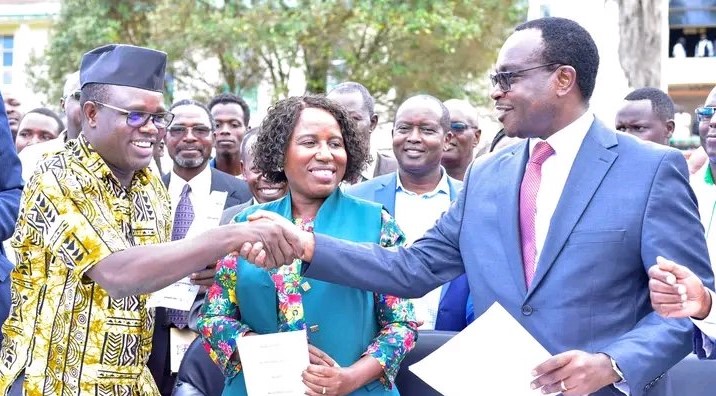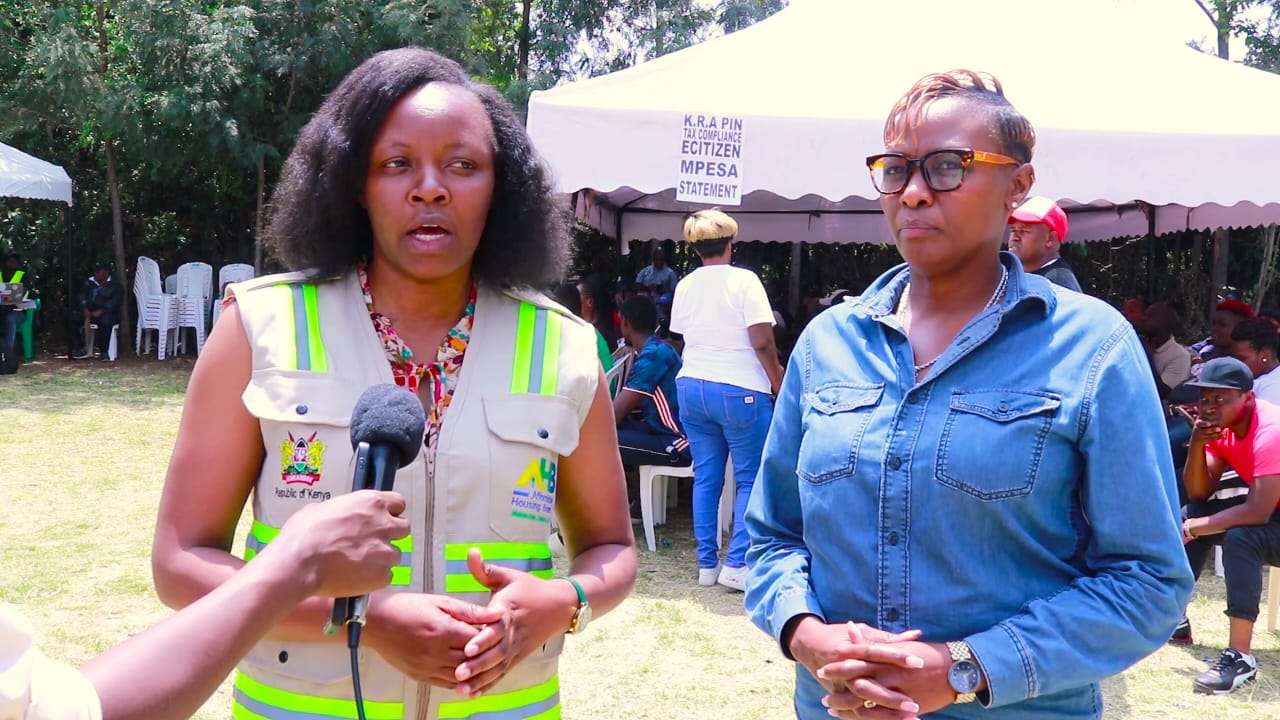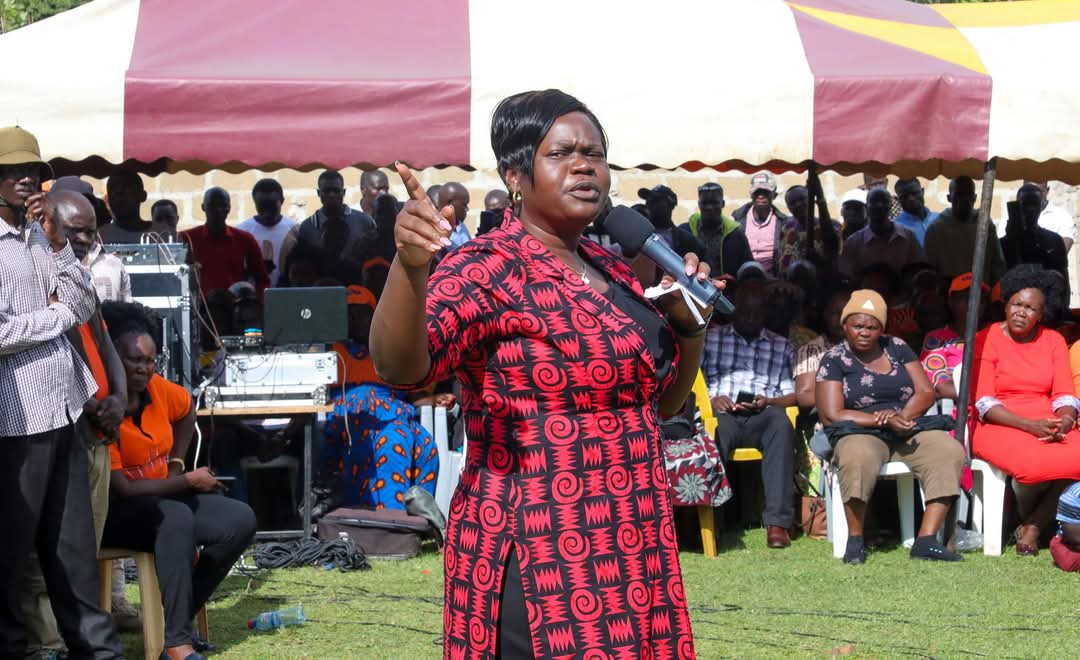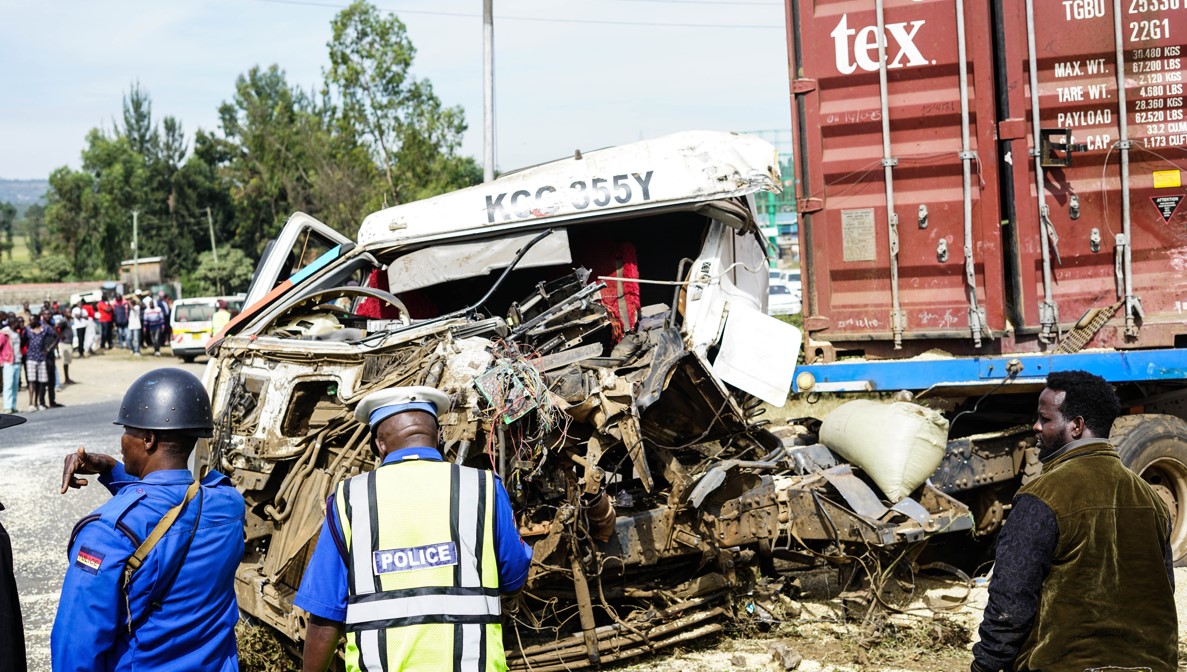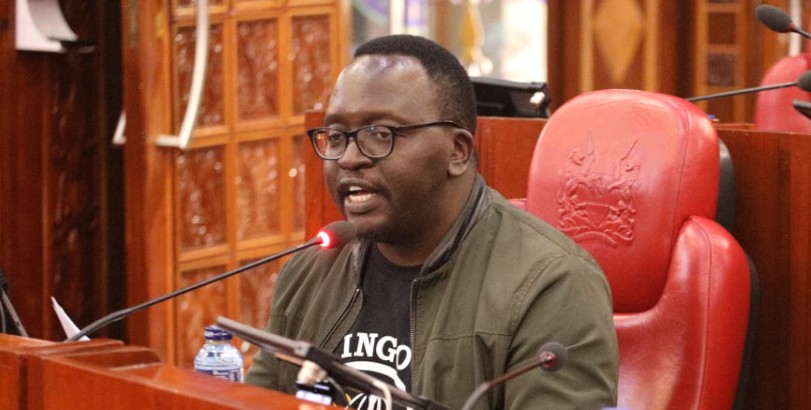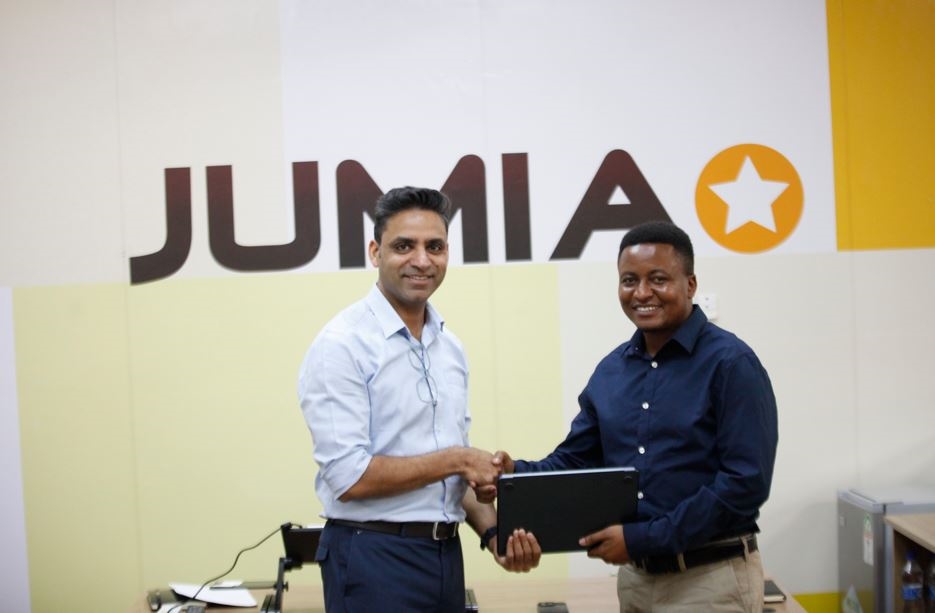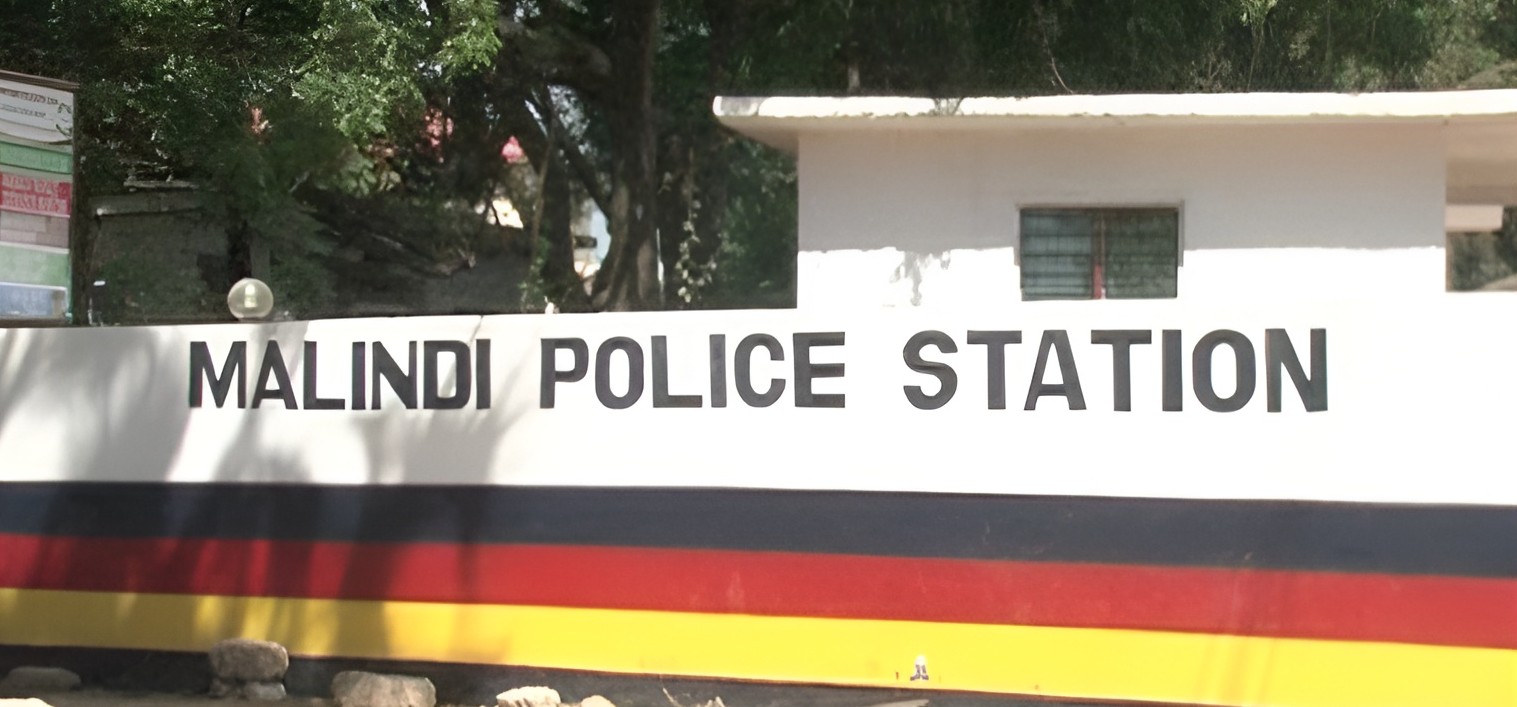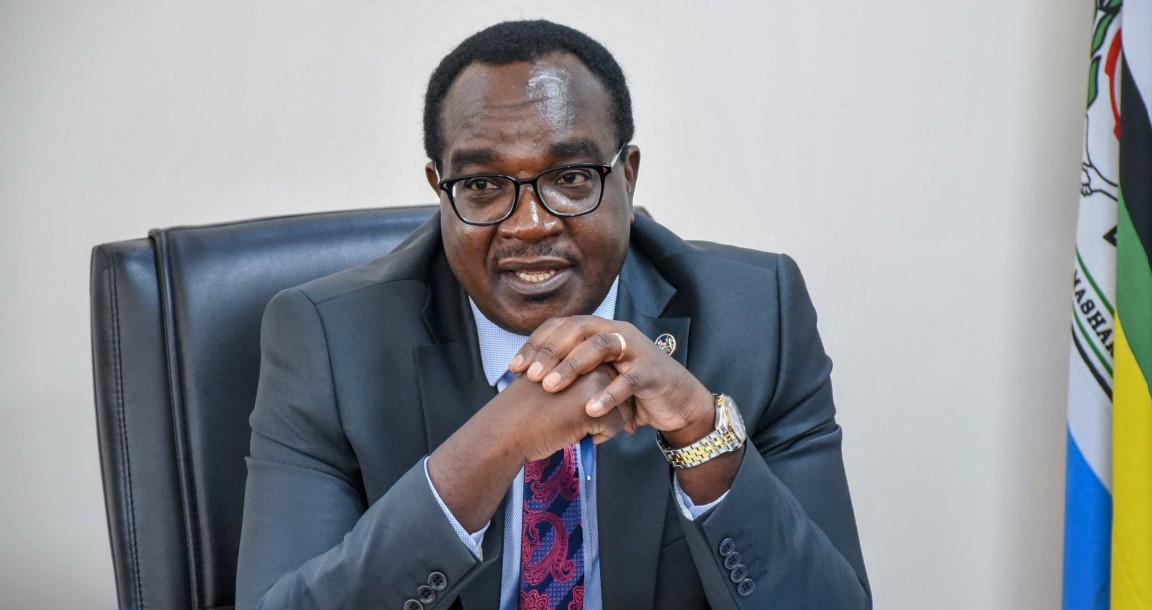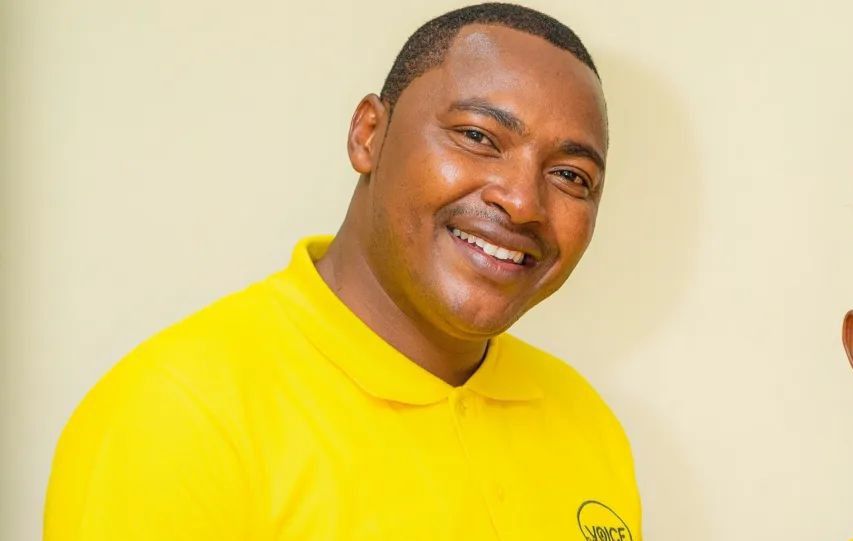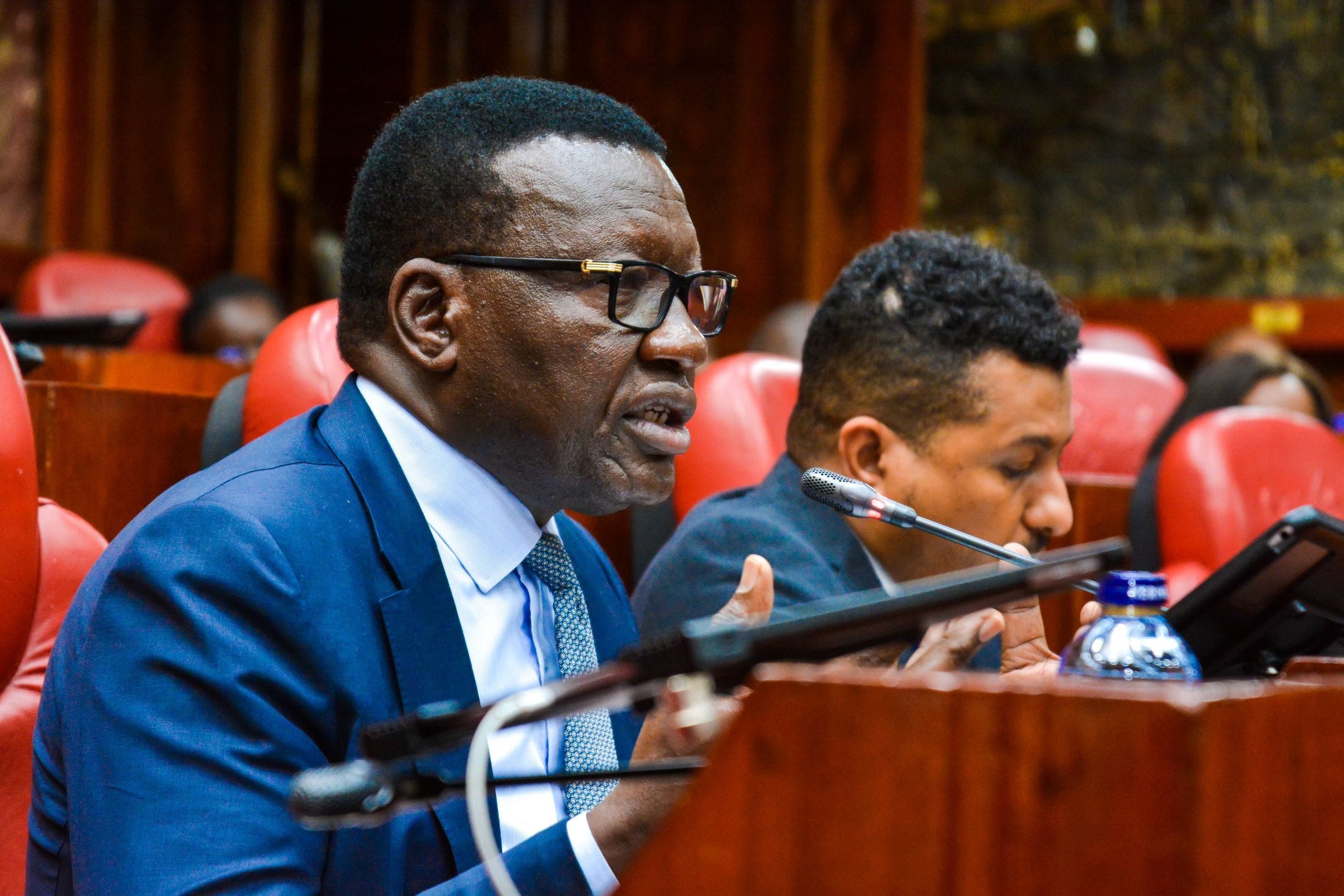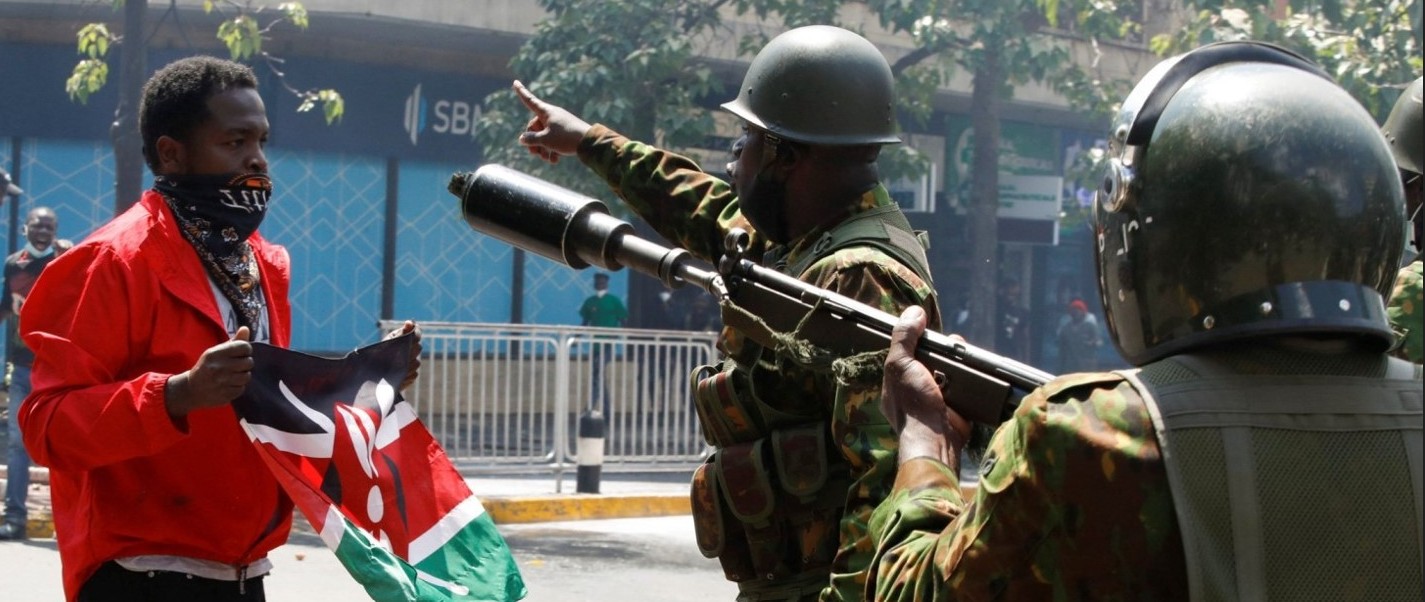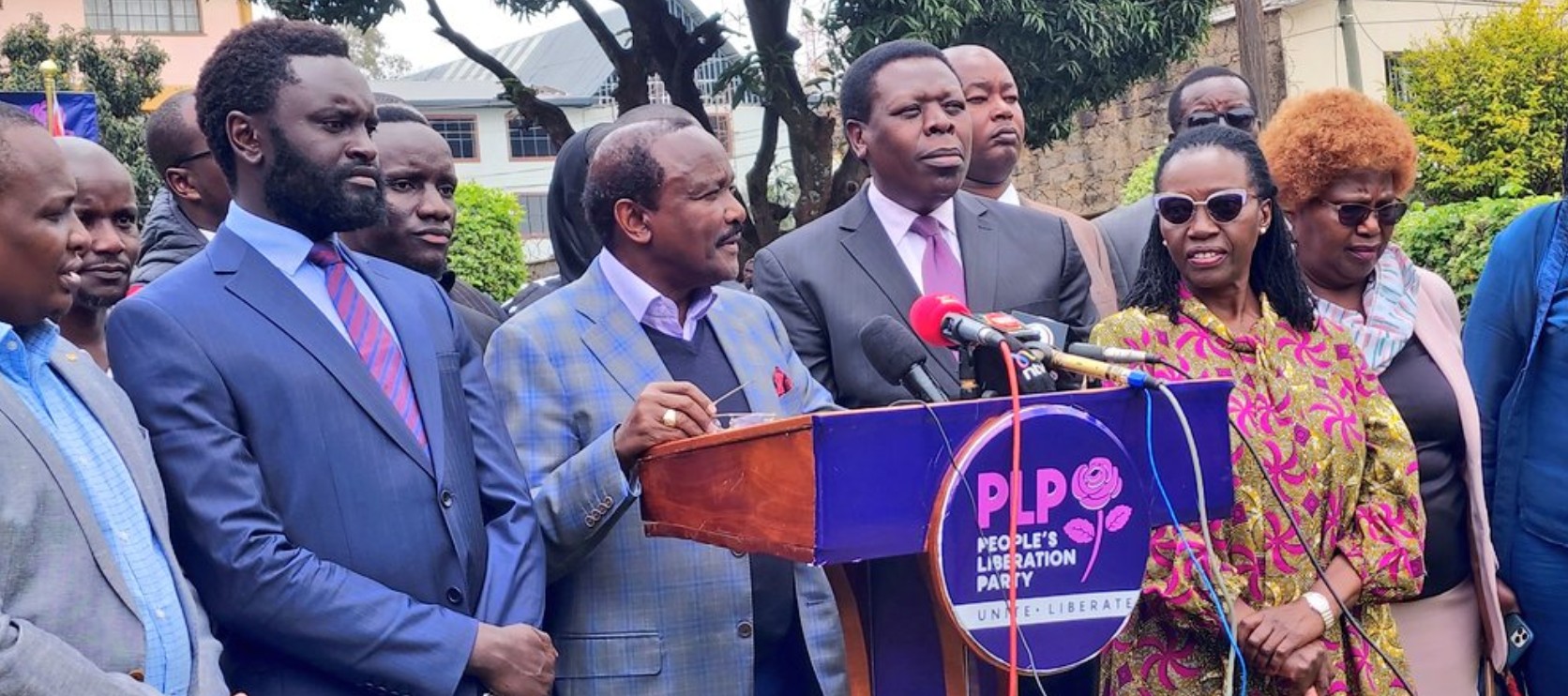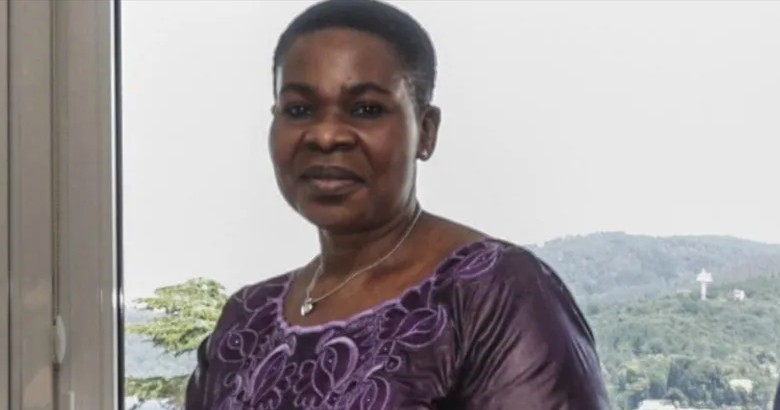Islamic Relief Organisation's water projects transform lives of over 10,000 Kilifi women

The women now grow enough produce to feed their families and sell the surplus, providing an essential income stream.
For years, women endured long walks in the unforgiving heat to collect water from shared pans, sources that were often polluted and shared with livestock and wild animals.
This backbreaking chore, a staple of daily life, has exposed them to numerous health risks and further worsened their already precarious status within the community.
More To Read
- Turkana County launches digital WASH Map to revolutionise water management
- Kenya poised for record maize harvest of 70 million bags in 2025- Kagwe
- Experts push for food fortification as Kenya’s nutrition crisis deepens
- Maize, rice and wheat imports drop following bumper harvest
- Investing in rural roads key to doubling Kenya’s farm output - study
- MPs warn of huge losses at NCPB, raise alarm over Kenya’s food security
However, with the intervention of the Islamic Relief Organisation, the village has seen a dramatic change.
In Garashi Village, Kilifi County, the Islamic Relief Organisation has transformed the lives of over 10,000 women through a series of water projects that have reshaped the community’s social and economic fabric.
These initiatives have not only alleviated the daily struggles women face but also opened up new opportunities for growth and self-reliance.
The organisation constructed boreholes, installed solar-powered pumps, and set up large water storage tanks, ensuring a steady supply of clean water. These projects have allowed women to take charge of their future, improving their families’ health, financial independence, and overall well-being.
One such beneficiary, Janet Chanzera, a community leader, reflected on the hardships women faced before the water projects began.
“We used to travel far and wide, only to collect dirty water. Our children were constantly sick, suffering from diseases like typhoid and cholera. The water we used was shared with animals, and hygiene was a constant struggle,” she told The Eastleigh Voice.
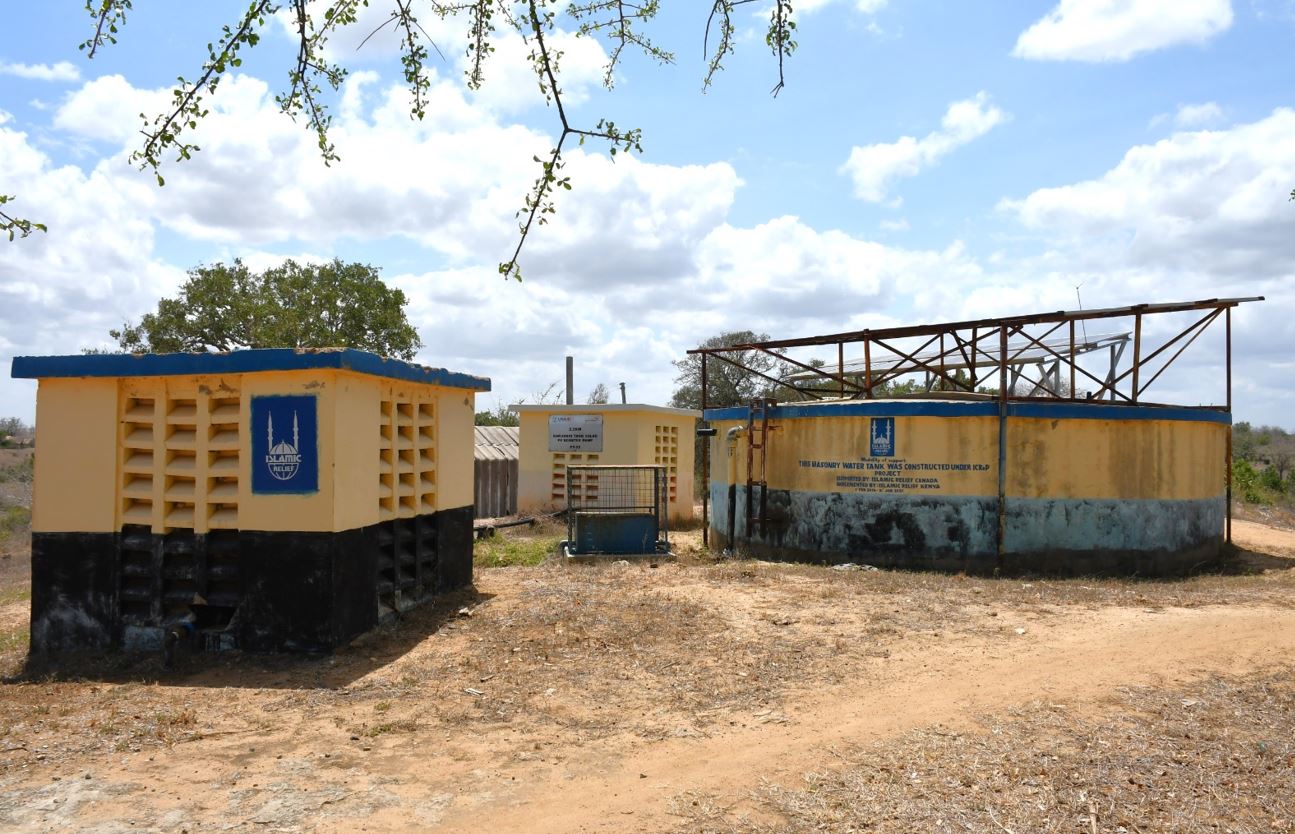 Water project constructed by the Islamic Relief Organisation in Garashi Village, Kilifi County. (Photo: Farhiya Hussein)
Water project constructed by the Islamic Relief Organisation in Garashi Village, Kilifi County. (Photo: Farhiya Hussein)Water project constructed by the Islamic Relief Organisation in Garashi Village, Kilifi County. (Photo: Farhiya Hussein)
Chanzera noted that the scarcity of water disproportionately affected girls, leading to high dropout rates as many were forced to help with the daily search for water. Worse still, some girls became victims of exploitation, leading to early pregnancies and missed educational opportunities.
“Now, things have changed. The girls are in school, and cases of child pregnancies have dropped significantly. The water projects have restored our dignity,” she added.
In addition to improving health and education, the availability of water has unlocked new economic ventures for women. With reliable irrigation from boreholes, small-scale farming has taken root, enabling the women to grow vegetables and other crops despite the region’s low rainfall.
The women now grow enough produce to feed their families and sell the surplus, providing an essential income stream.
“We are proud of what we’ve accomplished so far, but we know there’s more to come. The water projects have shown us that we are capable of great things," Chanzera stated.
Halima Said, another beneficiary who has started a small market garden, added, “These water projects have been a game changer. We can grow vegetables, tomatoes, and even watermelon. It’s made a huge difference in how we live."
Furthermore, through training provided by the Islamic Relief Organisation, women have learnt modern farming techniques that enable them to maximise their crop yields. With this newfound financial independence, many have formed self-help groups to save money collectively and offer support to one another in times of need.
“We formed small groups that have brought us together,” Chanzera said, adding, “We save together and loan each other money to start businesses. It’s been empowering.”
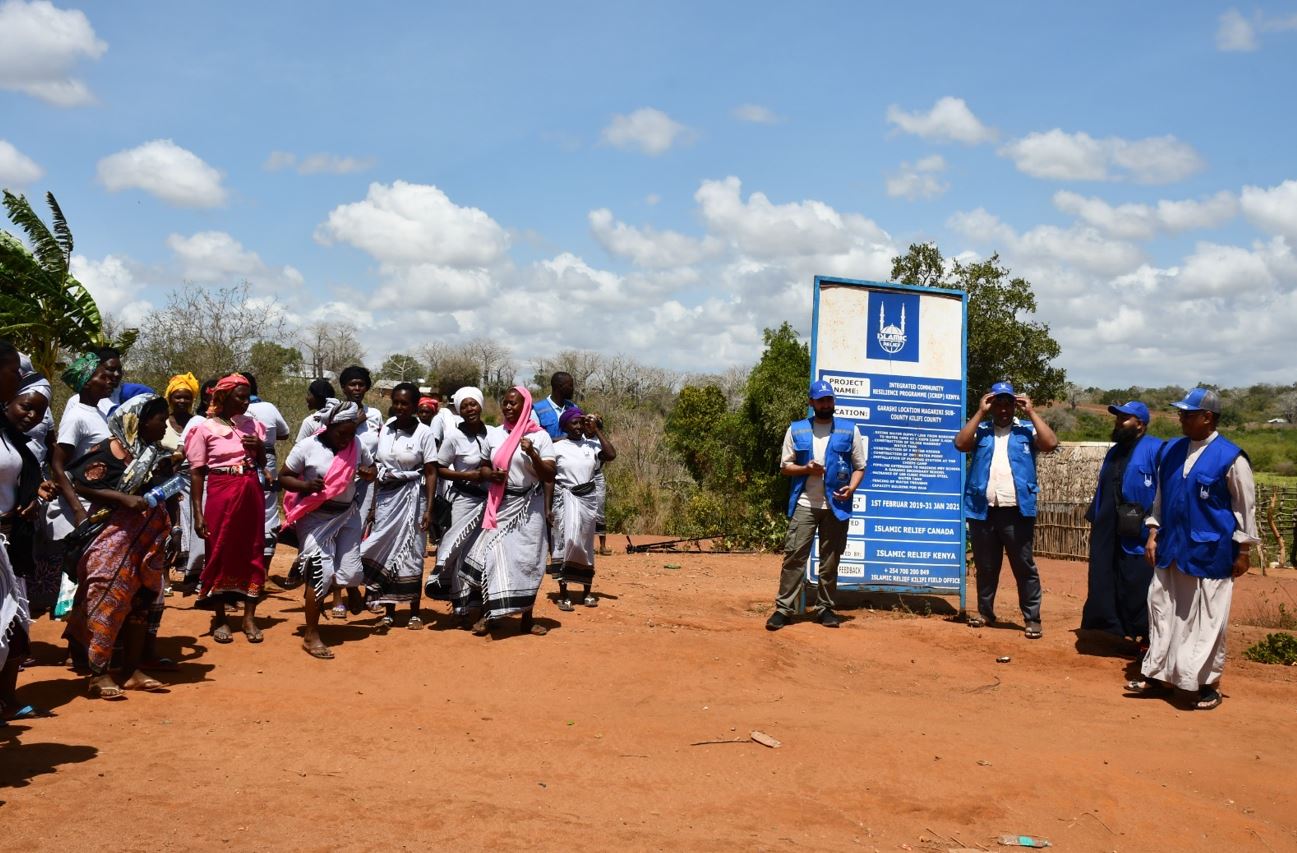 Boreholes and water reservoir constructed by the Islamic Relief Organisation at Garashi Village, Kilifi County. (Photo: Farhiya Hussein)
Boreholes and water reservoir constructed by the Islamic Relief Organisation at Garashi Village, Kilifi County. (Photo: Farhiya Hussein)Boreholes and water reservoir constructed by the Islamic Relief Organisation at Garashi Village, Kilifi County. (Photo: Farhiya Hussein)
The organisation’s impact extends beyond homes and farms. Local schools, too, have benefitted from the water projects. By connecting the water supply to schools, hundreds of students now enjoy access to clean drinking water, creating a healthier learning environment and reducing absenteeism.
Programme Manager for Islamic Relief Kenya, Abdul Rashid Yusuf, explained the transformative power of these projects.
“Access to water is about more than just survival; it’s about unlocking potential. With these projects, women are no longer just providers of water; they are now business owners, farmers, and leaders in their communities,” he said.
He also revealed that the organisation has plans to scale up these initiatives, citing rapid population growth in the area as a key driver for future expansion. Additionally, plans to introduce mentorship programmes for young girls, focussing on education and leadership development, are underway.
Women of Garashi Village with water as a catalyst noted they have embraced a brighter, more sustainable way of life, one where they can finally break free from the cycles of poverty and vulnerability.
Top Stories Today
- Lecturers told to call off strike as government cites court order
- Activists seek ban on toxic pesticides linked to cancer, environmental harm
- "This is why I’m resigning": Githurai MCA cites broken promises, delayed projects
- Nairobi splashes Sh863 million on travel as development funds stall
- Police arrest suspected bandit, recover AK-47 in Garissa shootout
- Kenya to implement instant fines for traffic violations to curb road deaths

